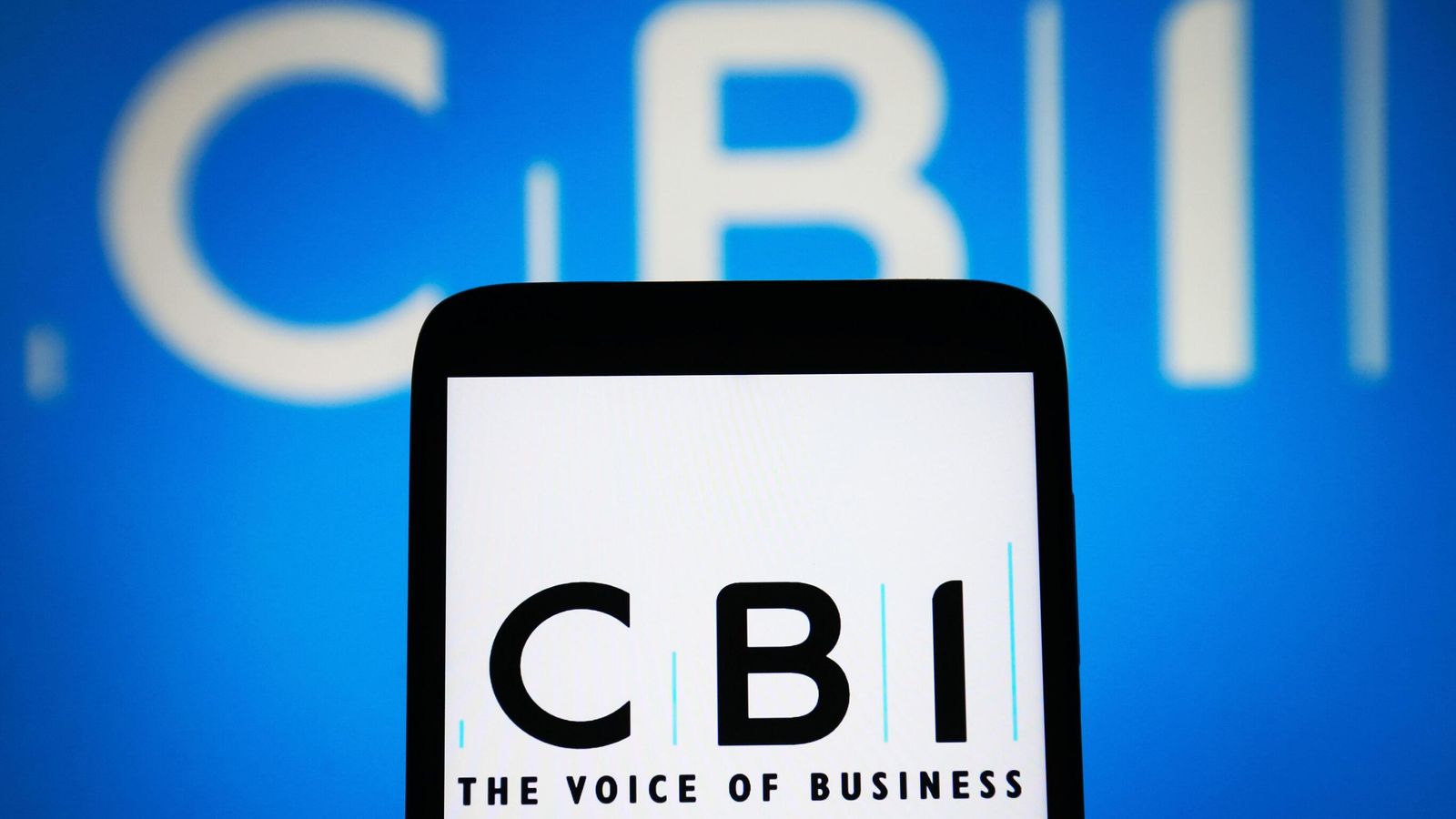Asda’s chairman has said supermarkets are owed a “debt of gratitude” as he dismissed talk of capping prices as “rather backward looking”.
Stuart Rose’s comments come after reports that supermarkets will be encouraged to introduce voluntary price caps on essentials such as milk and bread to help customers cope with the cost of living.
Lord Rose told Sky’s Ian King Live programme: “Not just Asda but all retailers are very efficient – we are a very efficient industry.
“In real terms, the cost of food, the cost of clothing, the cost of electronics has come down over the last 20, 30, 40 years, largely due to the efficiency of retailers.
“Governments of any complexion owe us a debt of gratitude, and this recent speculation over the last couple of days about fixing prices is, frankly, rather backward looking.”
Food price inflation in the UK was 15.4% in the year to May, according to figures from the British Retail Consortium, a slower rate than the record seen in April, but still a major factor in the stubborn rate of overall inflation.
But the big players have seen their profits fall – in April Tesco said its adjusted operating profit for the year was £2.6bn (down 6.9% on the previous year), while Sainsbury’s said its underlying profit before tax was down from £730m to £690m.
CBI board takes advice on insolvency ahead of crunch member vote
Asda owners to buy EG Group’s UK and Ireland petrol stations for £2.27bn
Cost of living – latest: ‘Dummy’ coffee jars on supermarket shelves cause stir
Asda is not a publicly-listed company, so its profits are not reported, but Lord Rose grouped it with its competitors’ profits and said: “They’ve all gone backwards”.
He rubbished suggestions that grocery retailers should face a windfall tax similar to that imposed on the oil and gas companies – Shell and BP have revealed record profits in recent months on the back of elevated oil and gas prices due to the war in Ukraine.
He said comparing the two was “comparing an apple and a pear”, adding that food retailers’ profit margins are between 3% and 4% and consumers were given “massive choice and, in real terms, fantastic value for money”.
“I’m not an economist, I’m a business – but I’ve been in business for 50 years.
“You can’t interfere with market forces.
“At the end of the day, you have to trust us as retailers to give our consumers the best deals.
“Our customers are very savvy, they’re very smart.
“They know that we’re working hard to do things their behalf and we will continue to do so.
“Intervention always brings unintended consequences and, personally, I would not recommend it.”
Similar sentiments were expressed by Andrew Opie, the director of food and sustainability at the British Retail Consortium.
Mr Opie told Sky News the pledge was “meaningless” and that it was “highly unlikely” that any of the BRC members would sign up.
The trade association’s members include Tesco, Iceland, Asda, Sainsbury’s, Waitrose, Ocado, Morrisons, and Aldi.
Mr Opie added that prices “couldn’t” come down any more as “there’s no money left in the supply chain”.









